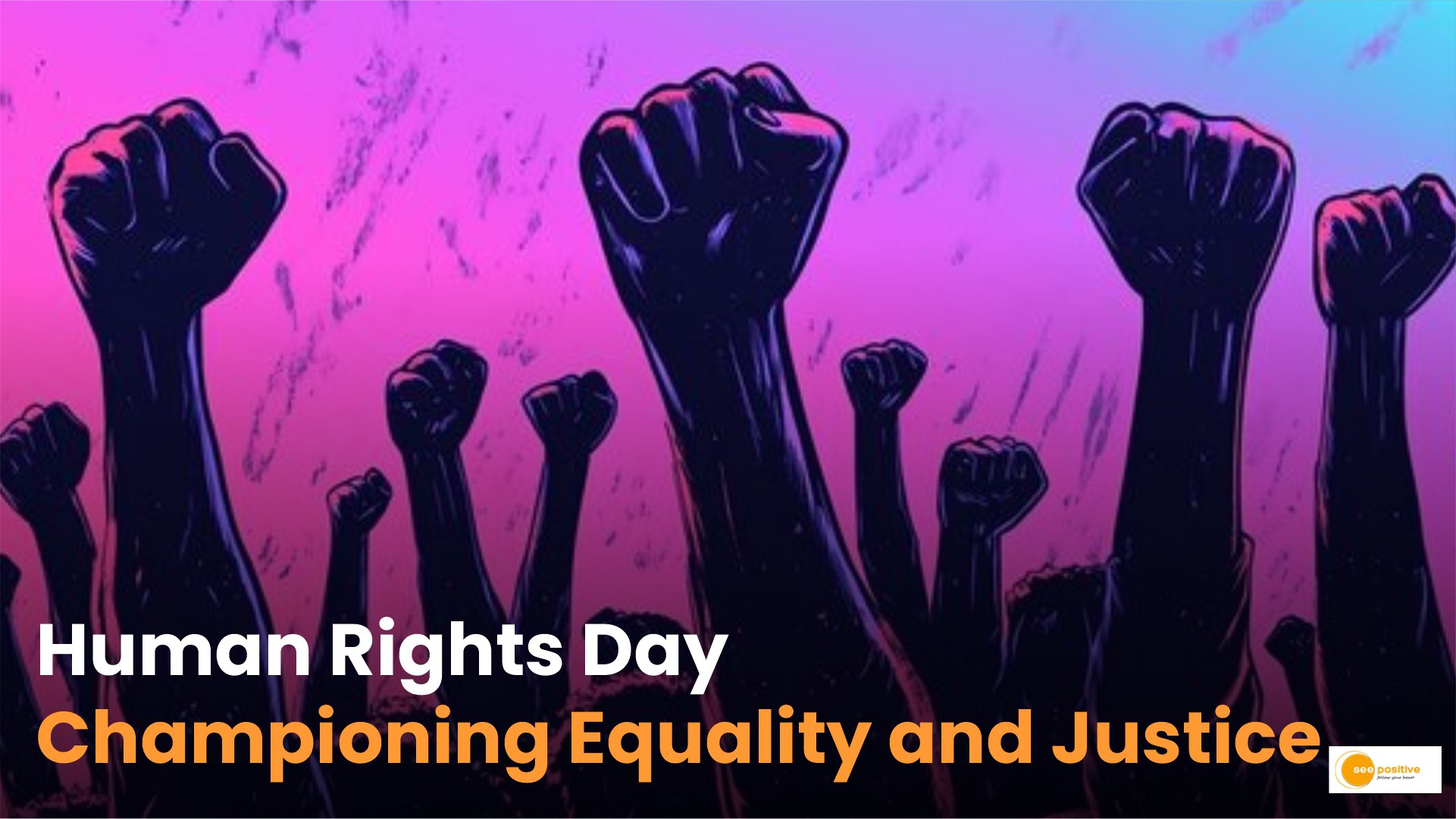Every year, December 10 marks the celebration of Human Rights Day, a day dedicated to promoting and protecting the fundamental rights of every individual. The date holds global importance as it commemorates the adoption of the Universal Declaration of Human Rights (UDHR) by the United Nations General Assembly in 1948. This historic document laid the foundation for ensuring equality, dignity, and non-discrimination for all.
The History Behind Human Rights Day
The origins of Human Rights Day can be traced back to the aftermath of World War II, a period marked by widespread atrocities and violations of basic human rights. The global community, shaken by the horrors of war, came together to establish the United Nations (UN) to ensure peace and security. One of the UN’s early initiatives was the creation of the UDHR, which became a cornerstone for global human rights advocacy.
The Universal Declaration of Human Rights
Adopted on December 10, 1948, the UDHR outlines fundamental rights that are universally applicable, regardless of race, religion, gender, or nationality. It recognizes essential rights such as:
The right to life
- Freedom of speech and expression.
- Freedom from discrimination.
- The right to work and education.
- This declaration serves as a beacon for countries worldwide to uphold and protect these rights.
Significance of Human Rights Day
Human Rights Day serves as a reminder of the universal principles of equality and freedom. It is a day for reflection, action, and solidarity with those whose rights are denied.
1. Raising Awareness
The day emphasizes the importance of understanding and exercising one’s rights. Awareness campaigns, seminars, and workshops help educate people about their fundamental rights and empower them to fight against violations.
2. Promoting Social Change
Human Rights Day is a platform for advocating against discrimination, injustice, and inequality. It encourages collective action to address issues that hinder human rights, inspiring individuals and organizations to work for positive change.
3. Strengthening International Cooperation
The celebration fosters global solidarity among nations, urging them to collaborate on initiatives aimed at protecting and promoting human rights universally.
4. Advancing Peace and Stability
Respecting human rights is critical for maintaining peace and stability within societies. Acknowledging these rights creates an environment where people feel secure, valued, and included.
Human Rights Day in India
In India, Human Rights Day is observed with enthusiasm and purpose. Various government and non-government organizations organize events such as seminars, exhibitions, and workshops to spread awareness about human rights. These initiatives aim to empower citizens to demand their rights and hold institutions accountable for upholding them.
India’s Contribution to Human Rights
India, as a democratic nation, has enshrined the principles of human rights in its Constitution. Articles like the Right to Equality (Article 14) and the Right to Freedom (Article 19) reflect the nation’s commitment to safeguarding its citizens’ rights.
A Call to Action
Human Rights Day is more than a commemoration; it is a call to action. It reminds us of the progress we have made in protecting human dignity and highlights the work that remains to ensure that no one is left behind. On this day, individuals, communities, and nations come together to pledge their support for a world where equality, justice, and freedom are not just ideals but realities for all.


